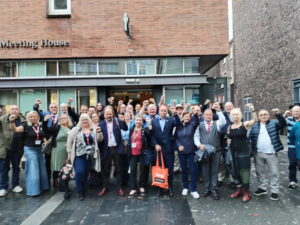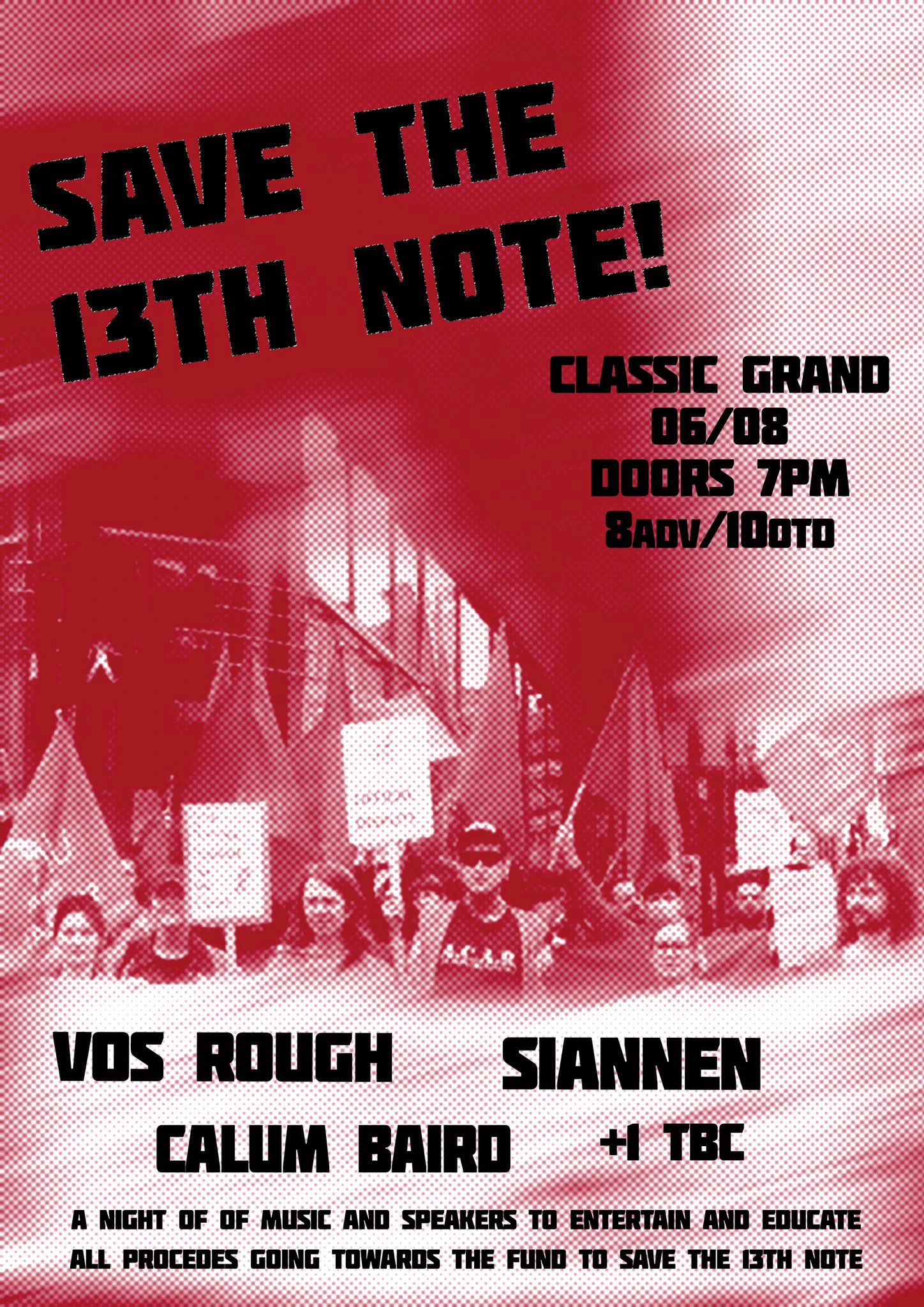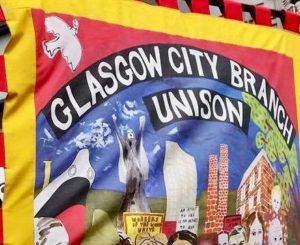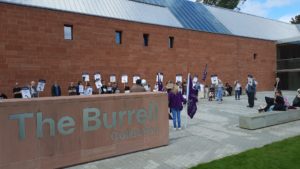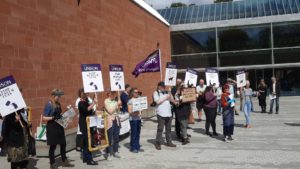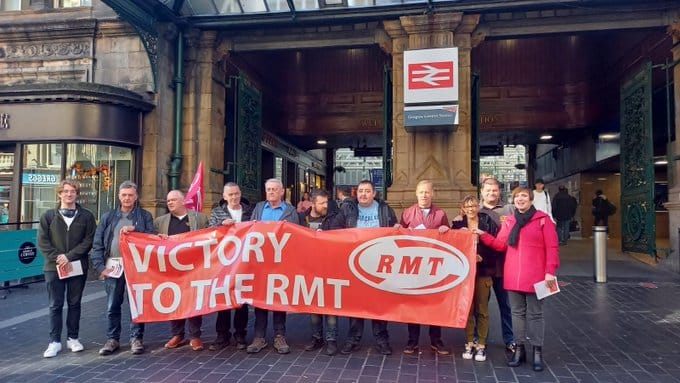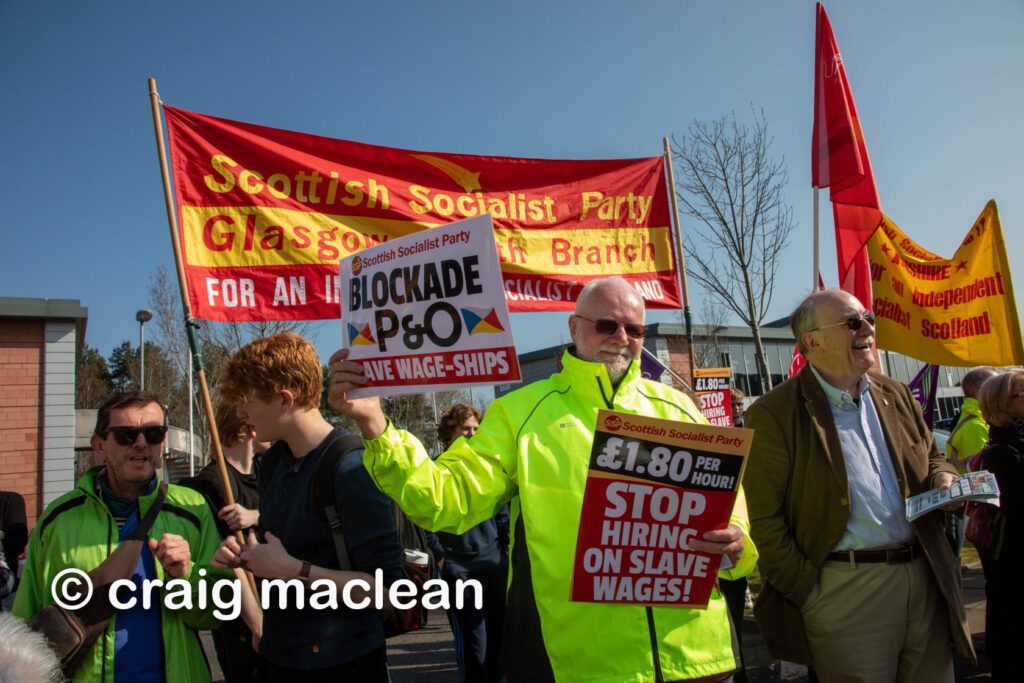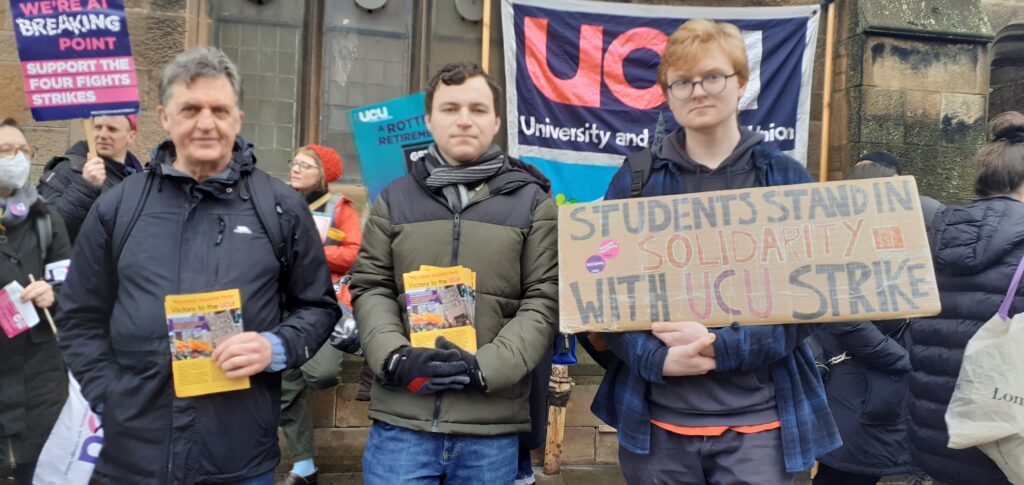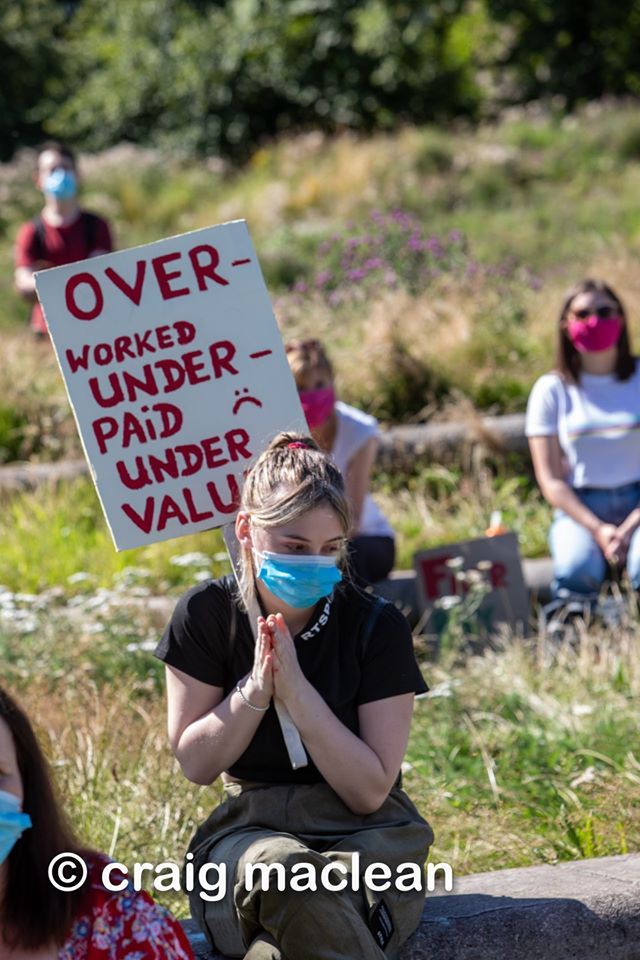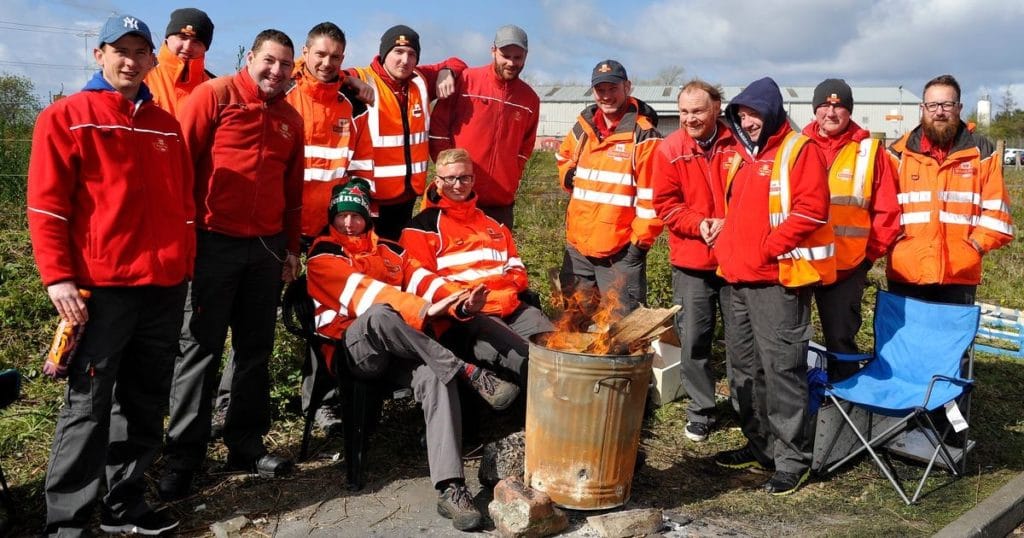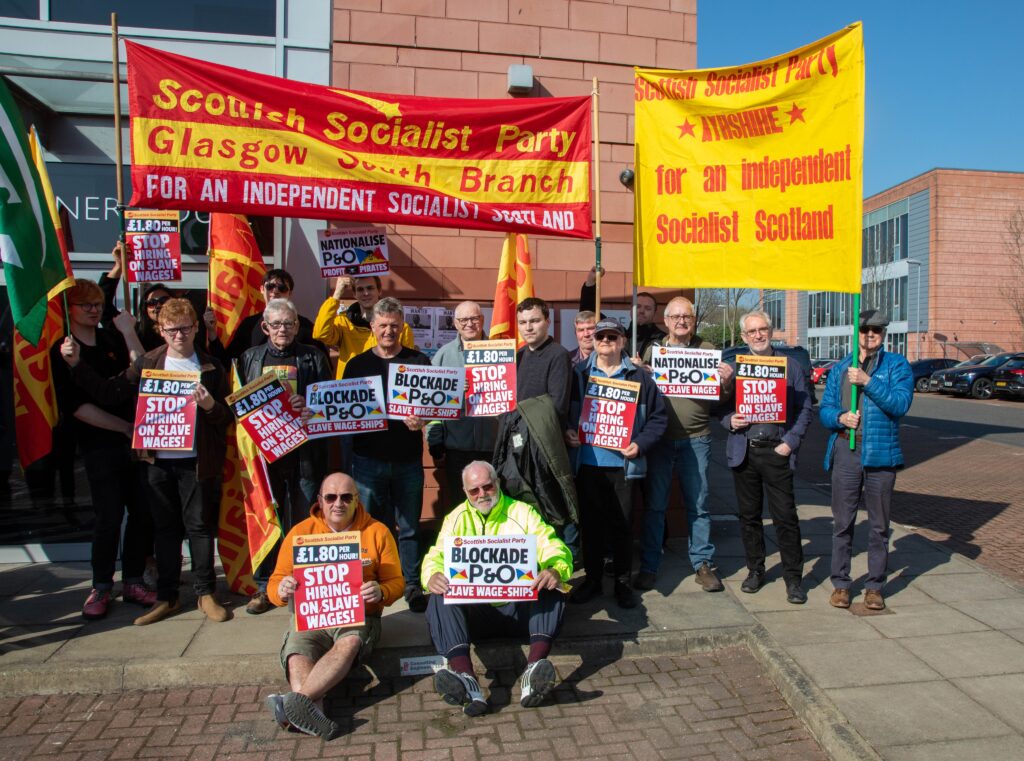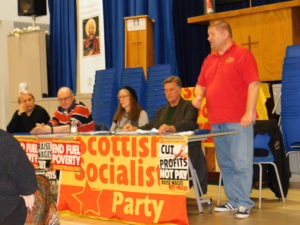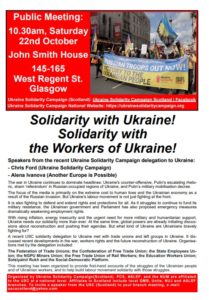Class War on Workers – Revisiting The Great Miners’ Strike 1984-85
40 years on from the most decisive class confrontation in Britain since the Second World War, Duncan Chapel finds much to like in a new retelling of the 1984-85 Miners’ Strike.
For those like me who didn’t yet read Richie Venton’s new book, Class War on Workers – The Great Miners’ Strike 1984-85 & Its Aftermath, two recent podcasts with him commemorating the 40th anniversary of the Miners’ Strike offer a valuable and accessible path into his insights. Listen to them here and here
I listened, and here are a few thoughts I had along the way.
The welcome to one podcast rightly says, “This is our history. I mean, it’s 40 years ago. It’s recent history. And anybody younger than me and Marlene, there are some of you around. We know you might find this really interesting as well”. Richie Venton comments on the “broader context of the miners strike, and also lessons we can learn in the present day about it”. He is aptly described as having “decades of dedicated experience” as a trade unionist and socialist, widely respected for “building support for workers and communities and struggle”.
Venton highlights the fundamental nature of the dispute, stating it “was far more than a strike. It was premeditated class war aginst the workers. It unleashed the biggest confrontation between classes since the 1926 general strike”. He outlines how the Tories, having been defeated by the miners in 1972 and 1974, “plotted revenge against the miners”, referencing the “1977 infamous Ridley plan” which aimed to “smash the miners amongst others”. The podcasts vividly recount the “biggest police operation ever mounted in peacetime UK” and how “freedom of movement was abandoned. Police stopped 164,000 presumably pickets moving around the country”. The use of police as “armies of occupation in the villages” is also mentioned.
Venton stresses that despite the immense pressure, “we were so close, and sometimes people don’t know how close we are. In October 1984…the Financial Times clearly worried about coal stocks and the supply and demand conundrum as the miners were so close to victory”. He argues that victory was within reach “if only the leaders of the labour and trade union movement had lifted their finger to help us”. He is rightly critical of the role of the right-wing trade union and Labour leadership, stating their role was to “join the ranks of the millionaire press and complain about picket line violence and the lack of a bar”, and that “Norman Willis…and Neil Kinnock…were acting like referees calling for fair play when we were literally getting kicked in the hobs with our hands tied behind our back”. Kinnock’s condemnation of violence “on all sides, was a tragic response from a useless Labour leader”.
Venton in the podcasts focuses on the betrayal of national union leaders. The strike occurred during a period when early neoliberal regimes, like Thatcher’s in the UK, were targeting democratic rights, with trade union rights being a primary focus. Before the strike, there was a substantial increase and coordination of shop stewards, both within and across different workplaces. However, the strike also coincided with a historic low in the number of working days lost to strikes and a decline in trade union membership, reflecting the impact of Thatcher’s first term.
The Tories’ aimed to weaken the strength and coordination of grassroots labour organisation, and the historic defeat of the miners’ strike had profound and lasting consequences. In particular, the defeat of the miners’ strike contributed to a weakening of shop stewards’ organisation.
While Venton’s comments in the podcasts primarily focus on the domestic aspects and the solidarity received, the international political context of the strike mattered too. Venton mentions the “£60 million…collected for the miners from the wider working class, nationally and internationally”, a “phenomenal indication of the support that they gained”. The international solidarity mattered. For example, women’s delegations toured Ireland, supporting women involved in the miners’ dispute and seeking support for British workers.
It is challenging to encompass every facet of such a complex and far-reaching dispute. While Venton powerfully portrays the transformative impact on women in the pit villages who organised soup kitchens and their own picket lines, becoming eloquent speakers for the struggle, a more exhaustive account might explore the specific formations and national coordination of groups like Women Against Pit Closures. Similarly, while the book undoubtedly captures the spirit of solidarity that transcended traditional boundaries, the specific roles and networks of other support groups, such as Lesbians and Gays Support the Miners, warrant further exploration.
Despite these necessary limitations of a slim volume, Richie Venton’s “Class War on Workers” is a powerful contribution to British socialist history. It provides a crucial understanding of the fundamental forces at play during the Miners’ Strike and its lasting consequences. By grasping the lessons within these pages – the nature of state power, the necessity of working-class solidarity, and the dangers of right-wing opportunism – today’s socialists will be better equipped to “fight climate change without sacrificing workings on the altar of green capitalism” and to build the “socialist future” that Venton argues is eminently achievable. This book is not just a history lesson; it is a call to action, urging us to learn from the past to build a stronger socialist movement for the future.
Class War on Workers – The Great Miners’ Strike 1984-85 & Its Aftermath is published by the Scottish Socialist Party and is available to buy here.

